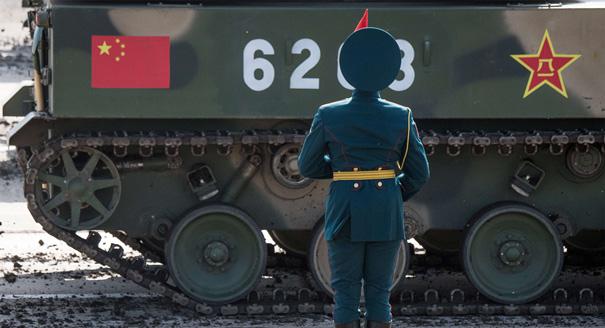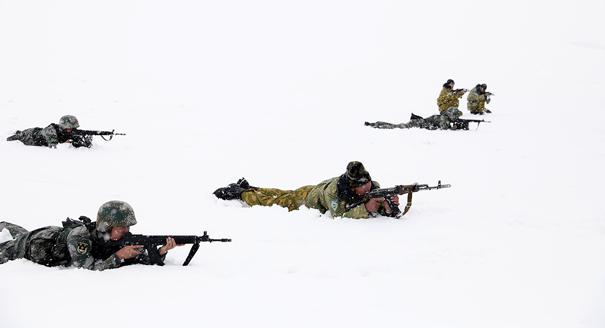China is quietly exploiting Russia’s rift with the West to expand its influence in the geopolitical, security, technological, and financial domains. Are Russia and its neighbors becoming a testing ground for a new Beijing-centered regional order? Is a Pax Sinica emerging?

Against the backdrop of the Ukraine crisis, Russian president Putin’s first post-pandemic visit to China is taking on major importance. Sino-Russian relations have flourished in recent years, with Putin and Chinese leader Xi Jinping presiding over a rapid expansion of military, economic, financial, and technological ties.

Over the course of the last thirty years, China and Russia have demonstrated that their partnership is resilient and expanding. Any pragmatic leadership in the Kremlin—even a democratic one that seeks to improve ties with the West—will try to maintain stable and friendly relations with China, just as any pragmatic Chinese leadership will do with Russia.

Even if there is cause for competition in Central Asia, both Moscow and Beijing see friendly bilateral relations as a priority, especially against the backdrop of their escalating confrontation with the West.

Russia needs foreign students, and not only to diversify its exports. Connections with people who have lived in a partner state are a valuable resource for fostering cooperation and an instrument of soft power.

The development of the Yamal LNG and Arctic LNG 2 projects indicates that China has been and will remain Russia’s main foreign partner in Far North megaprojects for the foreseeable future. At the same time, Moscow is making a conscious effort to be less dependent on its partnership with Beijing.

Russia and China have touted their cooperation in space as something approaching an alliance, a perception fueled by new bilateral agreements, including plans to establish a joint moon base. Yet the main thing uniting Russia and China in this area is their rivalry with the United States.